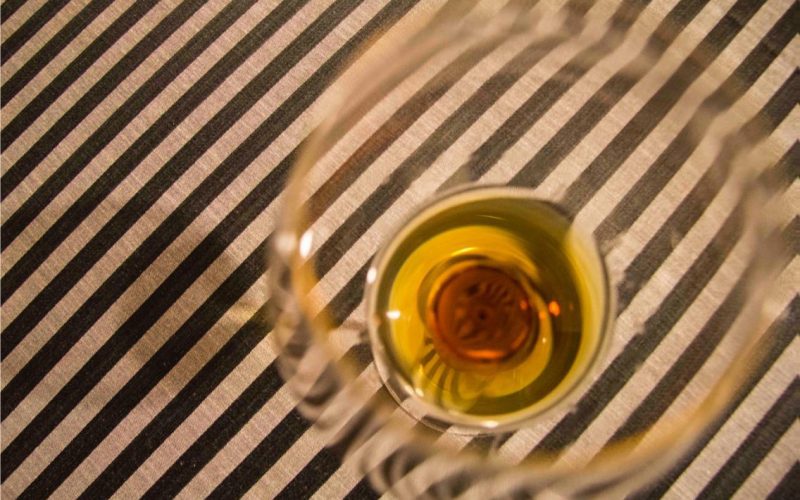With this entry I may earn a few detractors and a few opposing opinions, especially from lovers of beer and spirits, but every point of view is respectable, even mine. It should be noted that wine, beer and spirits, in general, can responsibly share the table and tablecloth, and that there are even wine lovers who are also lovers of others and vice versa.
I don’t drink more alcohol than wine, if it can be considered as such, although technically it is. I don’t drink beer, although many years ago I drank it from time to time. I also don’t drink gin, rum, vodka, whiskey or any other spirit, even though I have occasionally tried them. I neither like spirits nor do I consider it a good idea to mix them with wine. In general terms, I consider that the consumption of these other alcohols has a very different purpose from that of wine, since they neither tend to enhance the flavors of a meal nor do they seek in their consumption what the wine drinker finds in it, although I am also aware that lovers of beer and spirits can also exploit their pairings and that, of course, they have their moments of enjoyment.
Let’s go back to one of the starting points: exclusivity in winemaking. Wine is only made once a year and this requires a process of veraison, harvest, fermentation, production and packaging. This procedure must meet certain parameters that can only occur in specific months of the year, in those and not in others. With alcohols that are not derived from wine, this is not exactly the case. Beer can be made at any time of the year. I need so many liters, I make them. If I have fallen short I do more, regardless of the weather that month. Something very similar happens with distillates. They are processes in which the hand of man is so present that he moves the threads of the elaboration relatively at his whim. This does not happen with wine, since the hand that rocks the cradle is the annual weather. The winegrower is at the expense of excesses of cold, heat, rain, and, also, field diseases.
